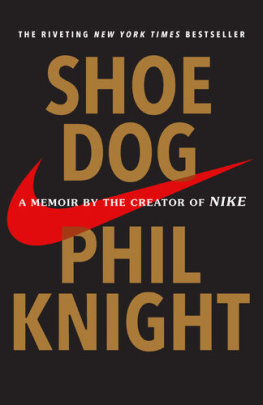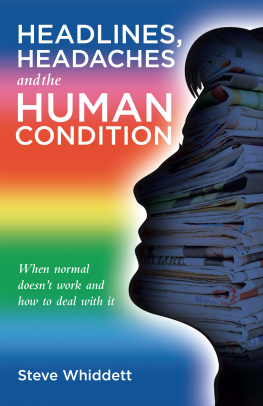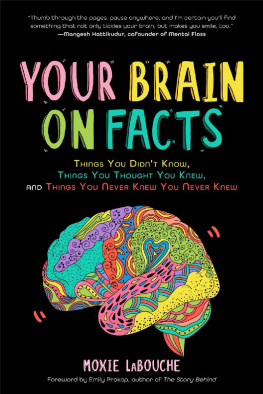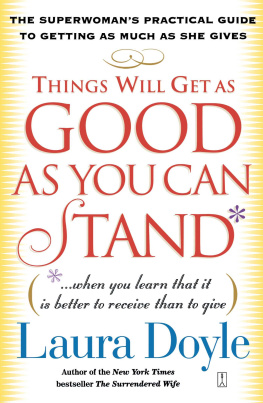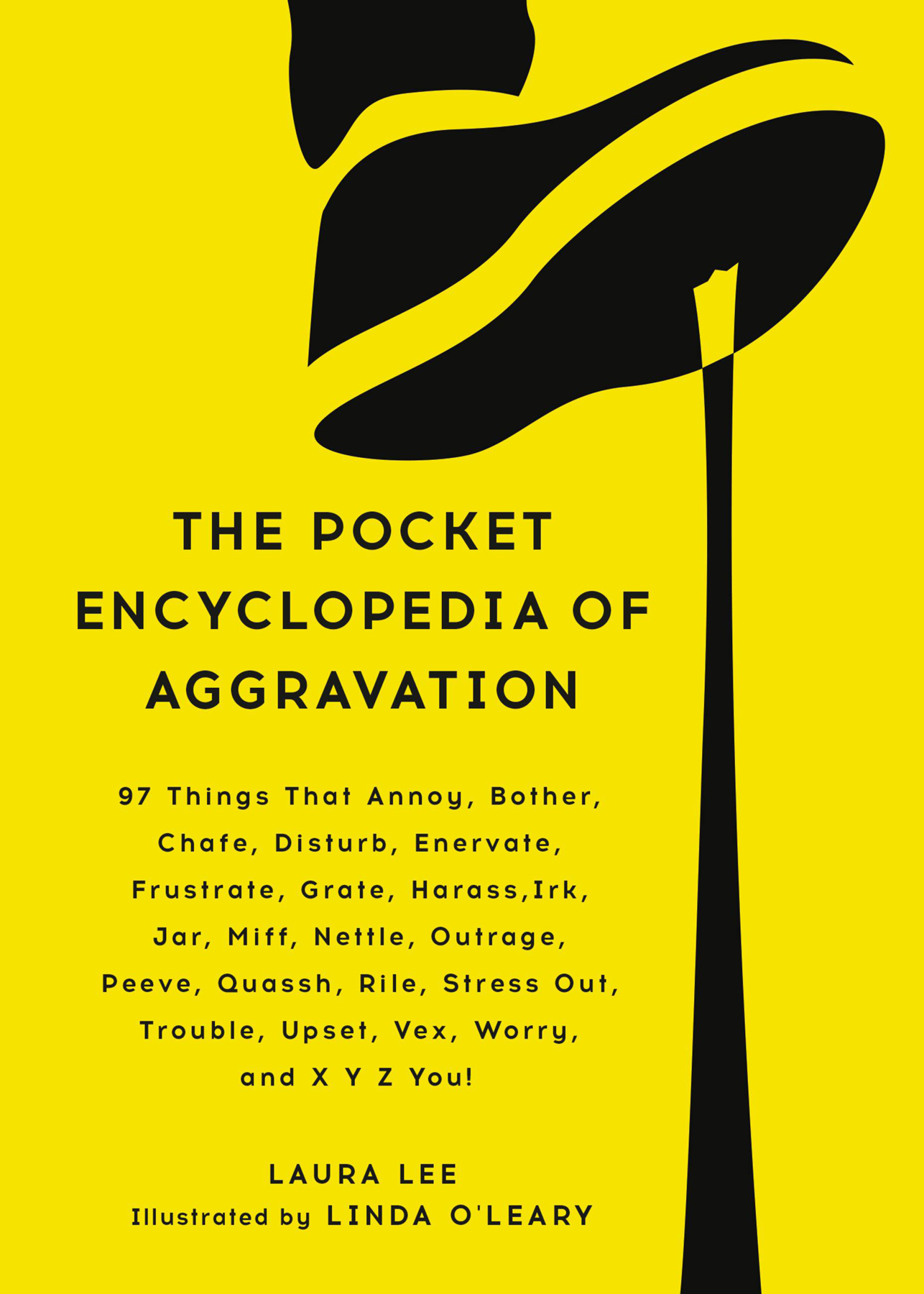Thank you for buying this ebook, published by HachetteDigital.
To receive special offers, bonus content, and news about ourlatest ebooks and apps, sign up for our newsletters.
Copyright 2001, 2017 Laura Lee
Artwork Copyright 2001, 2017 by Linda OLeary
Cover design by Carlos Esparza
Cover art by Scott Citron
Cover copyright 2017 by Hachette Book Group, Inc.
Hachette Book Group supports the right to free expression and the value of copyright. The purpose of copyright is to encourage writers and artists to produce the creative works that enrich our culture.
The scanning, uploading, and distribution of this book without permission is a theft of the authors intellectual property. If you would like permission to use material from the book (other than for review purposes), please contact permissions@hbgusa.com. Thank you for your support of the authors rights.
Black Dog & Leventhal Publishers
Hachette Book Group
1290 Avenue of the Americas
New York, NY 10104
www.hachettebookgroup.com
www.blackdogandleventhal.com
First ebook edition: September 2017
Originally published in hardcover: September 2001
Black Dog & Leventhal Publishers is an imprint of Hachette Books, a division of Hachette Book Group. The Black Dog & Leventhal Publishers name and logo are trademarks of Hachette Book Group, Inc.
The Hachette Speakers Bureau provides a wide range of authors for speaking events. To find out more, go to www.HachetteSpeakersBureau.com or call (866) 376-6591.
The publisher is not responsible for websites (or their content) that are not owned by the publisher.
Print book interior design by Red Herring Design.
ISBN 978-0-316-47346-0
E3-20170719-JV-NF
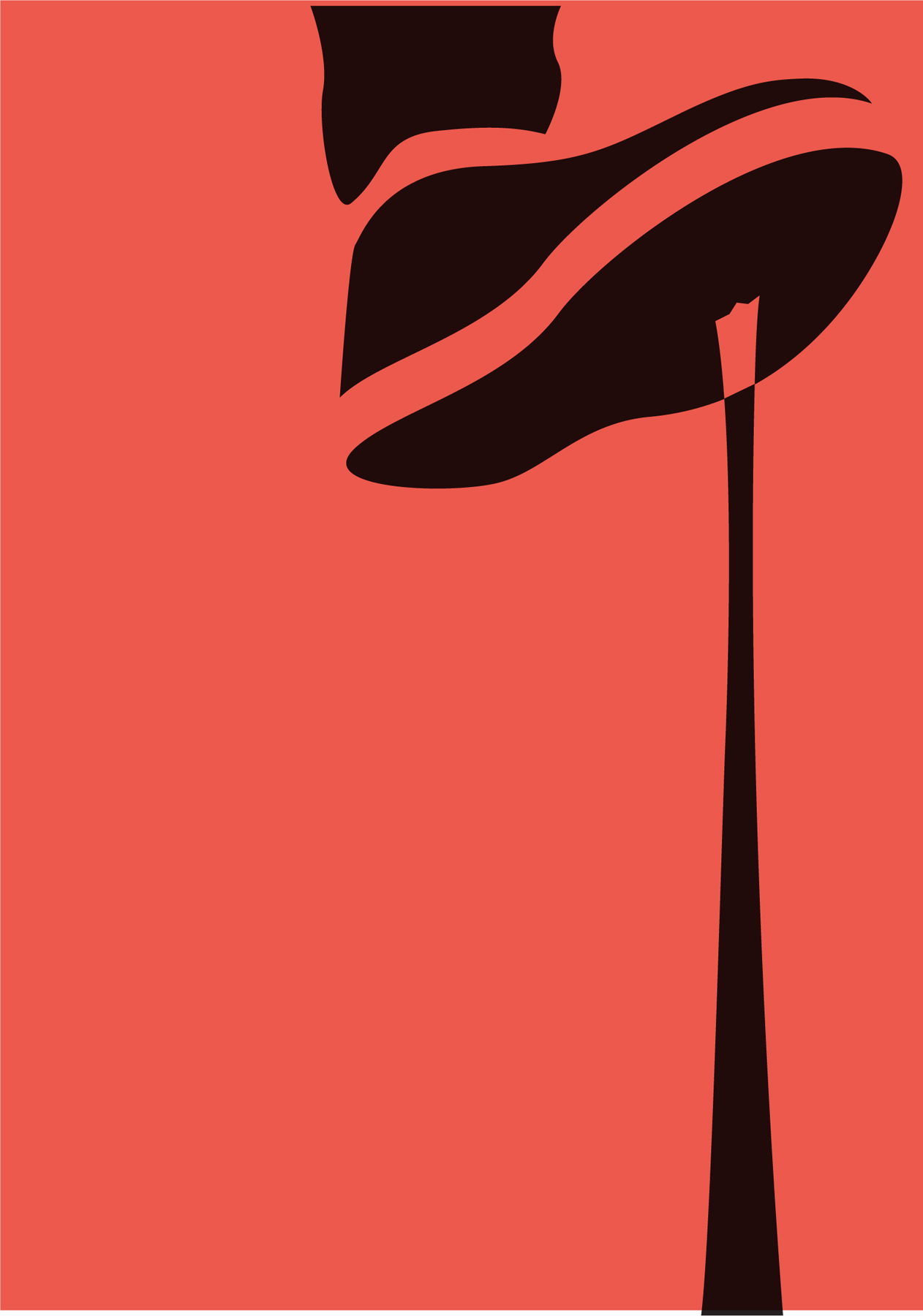
I said to myself, Arlo, if you were dead, a lot of the stuff that pisses you off probably wouldnt bother you so much.
ARLO GUTHRIE, introduction to the song Wake up Dead
I t has been more than fifteen years since that August afternoon when the idea for a book bit me on the leg. I was sitting beside a pond, lazily contemplating the way the sun reflected off the ripples in the water, when my reveries were interrupted by the itchy poke of a mosquito boring into me with her sipper. My mind was filled with questions. Why do mosquitoes flock to me more than to other people? What makes that lump appear on the skin? What makes it itch? Why are there annoying things like mosquitoes on the planet, anyway? It occurred to me that other people must wonder about this kind of thing as well. Why do I keep losing socks in the wash? Why am I always in the slowest line at the supermarket? Is there a correct answer when the cop asks, Do you know how fast you were going? I did not know, at that moment, that I was about to write my most successful book, and that eighteen or so books later, I would never surpass it in sales. (Annoying!) Who knew that pet peeves could be so profitable? It seems there is something gratifying in the realization that other people have been bugged by these little occurrences and even more gratifying to know why they happen. (Not as gratifying as if they did not happen in the first place, mind you, but gratifying nonetheless.) People are frustrated by thousands of little things, from hangnails and paper cuts to the mother of all aggravationstelemarketers, who are, incidentally, making a comeback. When the futurists of days gone by imagined a brave new world full of robots, they never dreamed these advances in technology would be used to call you in the middle of dinner to sell prescription drugs. It seems nearly every step in the march of human progress lands in dog doo.
No one is immune. On several occasions, the experts I consultedscientists with long titles and multiple PhDsended our conversation by ranting about those little threads that hang from sweaters, people chewing on pencils, and fitted sheets that dont.
For example, I contacted Dr. Ron Grassi, D.C., M.S., DABDA, FACFE, Diplomate American Boards of Forensic Medical Examiners & Physical Disability Analysts, with a question about why stiff necks hurt so much. (An entry which, incidentally, did not make the final cut. Sorry about that.) Along with my answer I got the following: Why do people scream on cell phones like theyre yelling across a canyon? They dont do this on a regular phone. How about someone scraping the ice cream bowl with a spoon (after there is hardly any left) while youre lying in bed at night watching a movie. And the DOOR SLAMMERS!!!!! Do you know how insulting that is to a Corvette convertible? Other experts were not as amused by the concept. A representative of Rensselaer Polytechnic Institute seemed a bit annoyed when I phoned to ask if there was a mechanical engineer who could explain why a handheld can opener slides off the rim, leaving that little bit of joined metal that you cant seem to cut through when you start with the opener again. (I never did get an answer to that one.) One local librarian was confused when I came in and explained that I was looking for the psychology books because I wanted to find out why two pedestrians trying to get out of each others way both dodge in the same direction, then both dodge to the opposite side, and end up doing an odd sidewalk dance. Youre not going to find any books on that, she said with a squint that clearly indicated she was sure I was insane or making fun of her or both. In my original introduction, I wrote that we should be optimistic about the fact that Americans are obsessed with the dust on their computer monitors and legroom on airplanes. You can only muster the energy to get upset about these things when the outer world is in a state of relative peace, tranquility, and prosperity. Although I have not found statistics to back it up, my guess is that scientists spend much less time and energy trying to figure out the exact chemical composition of intestinal gas or how long it takes a cookie to turn to mush in your mug when the nation is in the midst of war, famine, plague, or economic depression. In the absence of a huge national crisis, we have the freedom to ponder the little things. In that spirit, this is a highly uplifting work. Thats what I wrote just before my book came outthe week of September 11, 2001. Given my reasonable hypothesis, I was sure The Pocket Encyclopedia of Aggravation was destined to disappear without a trace. But we returned to life and laughter and, importantly for me, complaining about the little things that get on our nerves. There is no escape from aggravation. People who live and work in cities deal with smog, long lines, traffic jams, noise, crowds, and a more fidgety, tension-filled lifestyle. People who live in the country have their own annoyances: bugs, roadkill, stepping in cow dung, and having to drive 20 minutes to get to the nearest post office. Some people choose to work in offices, where they deal with difficult coworkers and bosses, uninspiring environments of office cubicles, and having to plan months in advance to get days off. Others avoid those hassles by being self-employed. They deal with self-employment tax, paying for medical insurance out of pocket, and not having a weekly paycheck. People who live alone have to pay all the rent and theres no one at the house to call for help if the car breaks down. People who live together have to compromise more. I have come to the conclusion that the key to life is choosing which annoyances you prefer to deal with and adjusting your lifestyle accordingly.


